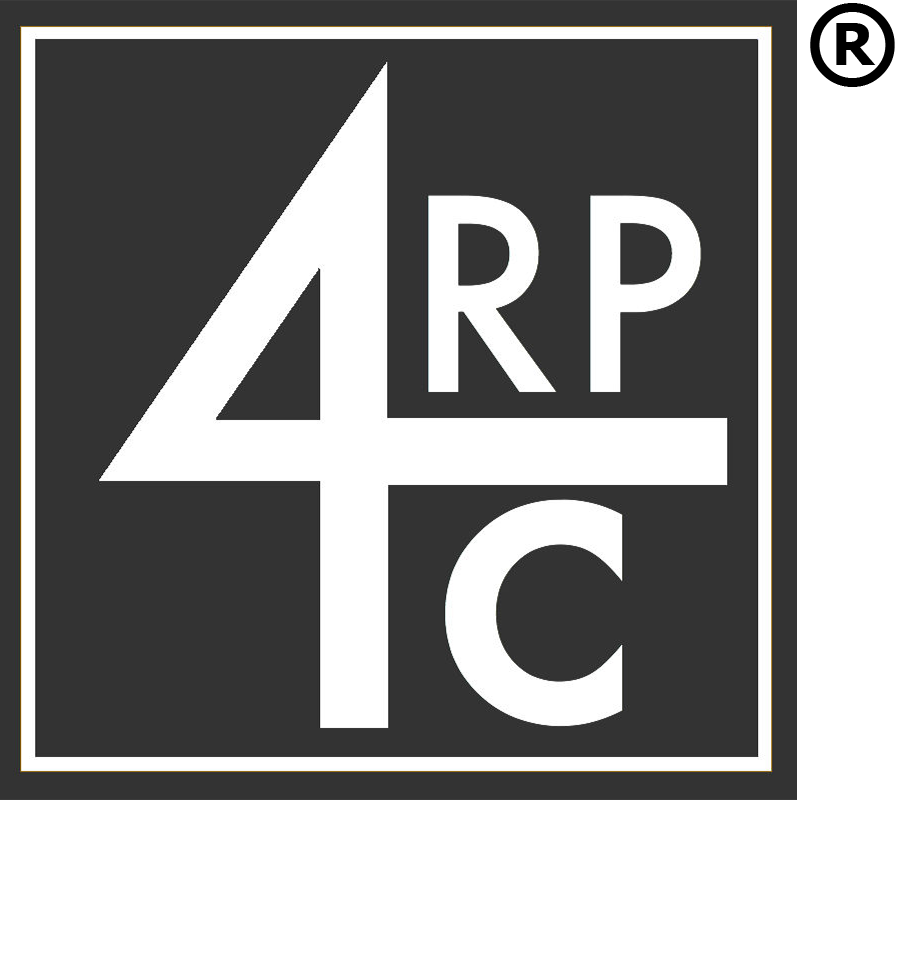Pro What?
The impetus for this article came with an unexpected visitor to my house last week. I’m new to Florida living, so “wildlife” is something I’m getting used to. A frog leapt into my kitchen from the sliding glass door as I was bringing my dogs back inside. In a cocktail of surprise and panic, I managed to figure out the best method of getting him back outside.
I’m now a researcher about frogs as this fella has shown up a few times now. Amidst my study, the expression “Eat The Frog” came to mind. It is one of those expressions that I find odd, and yet, relatable.
The origin of the phrase comes from Mark Twain:
“If it’s your job to eat a frog, it’s best to do it first thing in the morning. And if it’s your job to eat two frogs, it’s best to eat the biggest one first.”
This has been adopted in the business world to say essentially:
Stop procrastinating! Work on the toughest assignment first thing in your day.
The elation that comes from completing the difficult task is hugely satisfying. So why do we procrastinate?
I’m going to offer a few scenarios and you see which one resonates the most with you:
The Task Involves Creative Work
Just like writing this article, creative work requires inspiration and a process.
You can ask any artist, writer, painter, photographer, architect, and the list goes on… there is a process to producing something beautiful and procrastination here might appear more like waiting for the catalysis moment of design genius to begin.
Ideas have to flow and innovation ignite to create any thing, and sometimes this doesn’t happen on our timetable.
The Task Involves Other Decision-Makers
Let’s say my article was dependent on panel experts responding to inquiries about the topic I’m writing on.
I can only keep moving forward based on their responsiveness.
In this case, it’s less about procrastinating and more about needing more information to do the work.
The Task Involves Burn-Out Skills
A burn-out skill is the kind of task that if you had to do day after day, week after week, month after month… you would be depleted of energy because it’s not something you enjoy doing.
With the knowledge that something you are about to do is a task you don’t like doing, that awareness can lead to procrastination.
In this case, it’s likely the one that is closest to true delay and can count as procrastination.
Another oddity I came across in my research is the origin of the word procrastination. “Pro” is commonly referred to and used today in place of the word “For” or “In Support of.” So is the word procrastination “for” the delaying of things?
According to Merriam-Webster’s Dictionary, “It comes from the Latin prefix -pro, meaning ‘forward,’ and crastinus, ‘of tomorrow.’” Isn’t that fascinating? It literally means forward motion but of tomorrow… hence the delay because it’s not capitalizing on today!
So now what?
Let’s look at three truths to combat the internal stall tactics that appear to be winning.
One Action Removes the Inaction
Just starting with one action in the effort to complete the task removes the lure of procrastination.
Have to write the article? Open the software and begin typing even if the words lack “inspiration.”
Have to pull together a presentation for the Board of Directors? Read the documents that serve as your foundation for data and you’ve “started.”
Remember the Feeling
Procrastination eventually leads to a discomforting feeling. You don’t actually like the constancy of delay. It produces feelings of anxiety, depression, sadness, or maybe regret.
There is also a feeling for when the difficult task is done. You feel elated, happy, relieved, or maybe satisfied.
Knowing that the choice we make will produce an outcome that we emote brings awareness to the decision and should make it easier to make the right one.
Know Your Genius Zone
While the advice to get the difficult thing done and out of your way at the beginning of the day is admirable, it may be your worst time of the day to accomplish the difficult task.
It is best to operate in your genius zone because the difficult task is going to feel like a breeze as a result.
So don’t judge yourself if you’re a night owl who can crank stuff out when everyone is sleeping. Nor should you judge yourself if your genius zone is an hour before the family wakes up because it’s blessedly quiet.
Forward motion. That’s what we’re after. Our careers are not meant to be lived in stagnation or time wasted. I encourage you to pause and consider what is happening for you relative to this “forward of tomorrow.”
